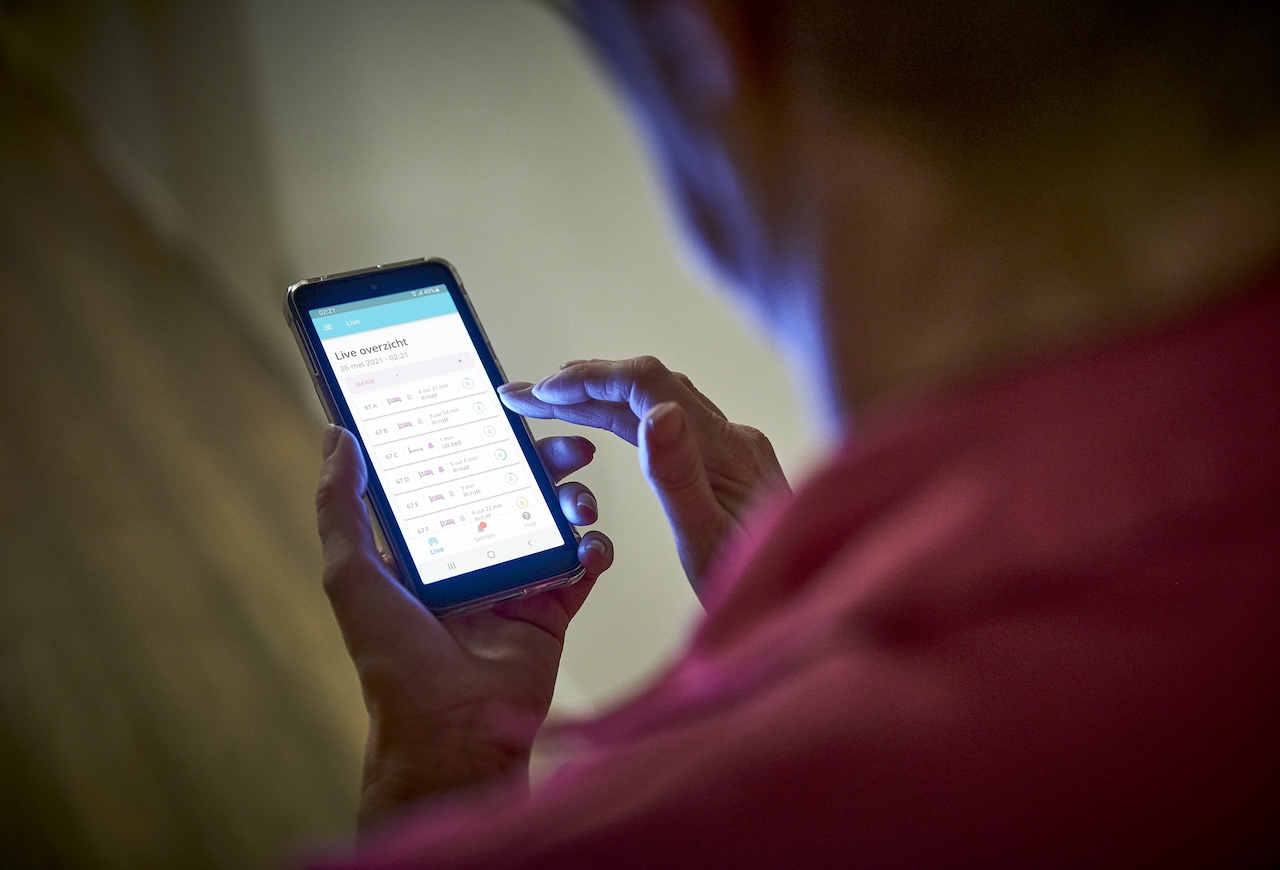The aim is to increase healthcare capacity in the Netherlands. The first investment is in Momo Medical, which has developed an app to support more efficient working in nursing homes.

Pension manager PGGM will invest between €50 to €100m in innovative medical companies over the next five years. The investments should contribute to more healthcare capacity in the Netherlands, said Maurice Klaver, responsible for part of the impact investments at PGGM. As part of that investment strategy, PGGM, together with other investors, is investing €6.5m in the Momo Medical healthcare app, which helps employees in nursing homes to work more effectively.
PGGM implements the investment policy for Pensioenfonds Zorg en Welzijn (PFZW), the second largest pension fund in the Netherlands with approximately €240bn in assets under management. Like other large Dutch pension funds, PFZW has the ambition to invest part of the pension money in projects or companies that have a positive social impact.
PFZW’s members have made it clear that they would like to see their pension money invested in their own sector. Of course, a good return must be made on this, said Klaver. According to Klaver, the number of possible transactions in the field of medical technology in the Netherlands is around 20 per year, so the deals are certainly not easy to come by. Potential investments must also contribute to the impact goal of PFZW.
For the pension investor, the Momo investment is very small. Large parties usually aim for larger ‘tickets’, because otherwise they would spend too much time and manpower on their individual investments. That in turn leads to frustration among entrepreneurs, who have difficulty obtaining financing.
PGGM now consciously chooses to do smaller transactions. According to Klaver, PGGM is benefiting from the expertise of NextGen, co-investor in Momo Medical.
Under mattress sensors
The company makes a sensor that is placed under the mattress of nursing home residents. Via an app, a nurse can see from a distance if residents are lying quietly in bed and who needs to be checked on. With the app, healthcare workers get more time for personal attention, said inventor Menno Gravemaker, who came up with the idea in 2017 based on his experiences in the Zeeland nursing home where his grandmother was cared for.
According to Vilans, an expertise centre for elderly care, the new technology provides 4.5 hours of time savings per day for every 90 nursing home residents, 25% fewer falls and more job satisfaction for care providers. At the moment, 250 nursing home locations use the sensors and the app. In total, there are more than 2,000 nursing homes in the Netherlands with a total of approximately 130,000 beds. So there is still a lot of room for growth, said Gravemaker.
According to Gravemaker, the reason for looking for additional financing was the rapid expansion of the company. The loss-making Momo Medical showed a turnover growth of 246% last year.
Part of the investment will be used to gain a foothold abroad. The first organisations in Germany, Canada and the United States, including a nursing home in Hollywood especially for movie stars, are already using the Momo Bedsense app.
In addition to PGGM and NextGen, Center for Aging + Brain Health Innovation, UNETI Ventures and existing financiers are also investing. Gravemaker said that in the search for new investors, he explicitly looked for an investor with explicit social objectives. Another potential financier arrived at a more favourable valuation for the company, but Momo Medical opted for PGGM and associates.
This article originally appeared in Dutch business newspaper FD on 12 September 2024.






